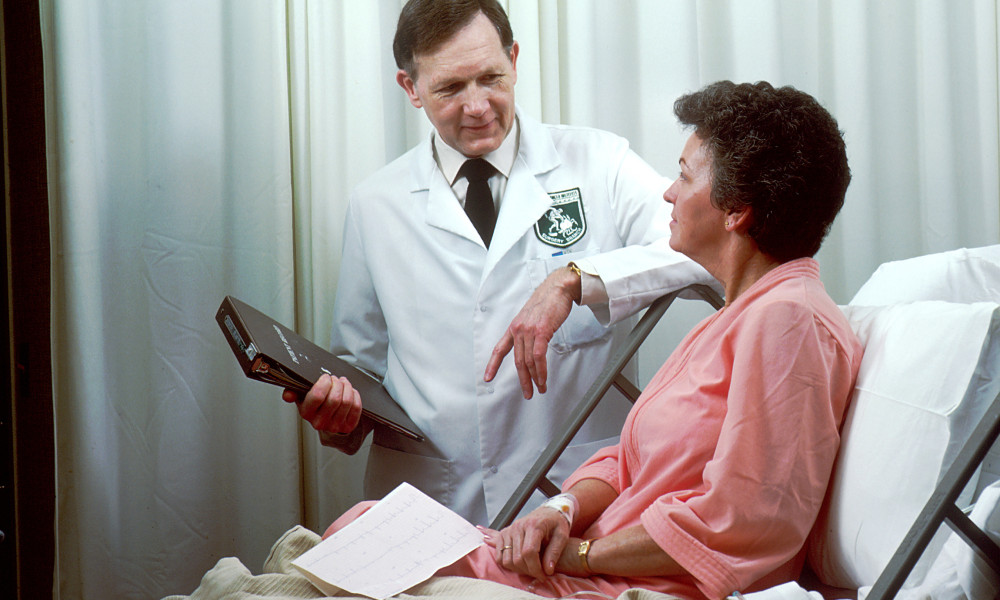
Resurrecting the GP : The ‘family medicine’ way
The UK can be rightfully thought of as the paragon of an effective primary care system ( this is not to play down their other challenges, say with cancer care). Primary care practitioners (i.e. GPs) hold a dependable niche in people’s minds, a respectable chair in the functioning of their healthcare system, and offer an alluring career for the medical student. Their system naturally ingrains the quality to live upto this standard. The UK, along with others in the Western Europe, United States and Australia, has invested in the tenet that it takes much more than a transient overview of specialties to become a GP, and that the diverse and wide-ranging nature of a GP’s operation is worthy enough to constitute a specialty in itself. They have in place a system that takes post-graduate training or ‘residency’ to be worthy enough of being called a GP. As a reference, a medical graduate spends 2 years in foundation training, and then 3 years in GP specialty training across various specialties after MBBS to become a GP in UK. This assures that a GP comes with a standard and defined skill set that can feed life into a slick primary care system.
While, in India, a GP is conceptualised as the basic, minimum doctor. It’s a mandatory qualification needed to earn the ‘Dr’ designation, and a default level from which the roads to different specialties emanate. Correspondingly, one has to complete only primary medical schooling and work as an intern for a year to be called a GP in India. Obviously, a GP coming out of such a system would posses a limited skill set when compared with a GP from a country like UK. Add to it the flaws and inconsistencies in our training system, and the ‘limited skill set’ turns into a ‘compromised skill set’.
One way to make up for this limited skill set is gaining experience under supervision, and that’s what would seemingly happen before the advent of a specialty culture in our nation: GPs with handy to extensive experience served as revered family doctors while the fresh, inexperienced lot trained under their shelter to assume a similar role in future. Today, this ‘compromised skill set’ translates into a picture where over 50,000 MBBS doctors are churned out in a year, one-third of them prove tough enough to secure a specialty, and the remaining population either spends years cloistered in libraries studying for PG, or works in a private/public unit with the hope of getting into a specialty some day- functioning nowhere near the calibre of a sound family doctor, often with a miserable pay. The absense of sound family doctors often costs a bomb with only a two-star satisfaction. The healthcare system skews towards the more expensive and low yielding tertiary care. Honestly speaking, such a half-baked primary care physician is a wasted, untapped resource in a country with brimming healthcare needs. Had this resource been nurtured for a few more years in a systematic, ordered setting, we could have seen an exemplar of primary care.
Another way to address this limited skill set, and probably the more dynamic one, is to see beyond the existing doctrines and give a specialty status to general practice. It requires to be recognised that no other specialty calls for such an extensive grasp of different specialties and piling them up into functional and practicable knowledge, something that a specialist cannot be expected to possess. While a specialist is the master of his trade, a family doctor masters a fraction of every trade that together sum up into a worthy specialty in itself.
A post-graduate degree in family medicine can dissolve the GP-specialist dichotomy that has perpetuated for decades, and impart it the amount of significance it needs to get out of the rubble. With such a step, one would also see a rise in the number of PG seats that are mockably scarce considering the number of MBBS graduates, and the MBBS workforce of the nation can be directed towards re- building the derailed course of primary care.
Even though a specialist recognition of a family doctor would be the first step towards resurrecting the GP, it would take much more brawn to instill into it the glamour it needs to stay at par with specialists. Primary care physicians in India are barred from teaching in medical colleges. They have little clout in state and national councils. There is hardly any mention of ‘Family Medicine’ in our undergraduate curriculum. Strengthening the ramshackle primary care is hardly ever at the heart of the government’s healthcare priorities. To deal with these issues is of paramount importance. Family physicians should be engaged in medical colleges to counsel students about the ins, outs and importance of family practice.They should be employed in eradicating the grotesque and unattractive picture of family practice that has consolidated over time. Family practice has to come with an attractive pay and general practitioners should find a prominent voice in the healthcare system. Conclusively, every attempt has to be made to cultivate a screen and mike smart image of general practice.
In the present scenario, the National Board of Examinations recognises a DNB in family medicine. MD in family medicine is recognised by the MCI and has been around for quite some time, but is yet to see widespread popularity.
The views expressed in this article are entirely the author’s and do not necessarily convey the a position taken by Daily Rounds.
Guest Post by Dr. Soham D Bhaduri. Dr. Bhaduri is a medical graduate and a Philosophy of Mind enthusiast, and blogs at www.freethinkingmedic.blogspot.com


